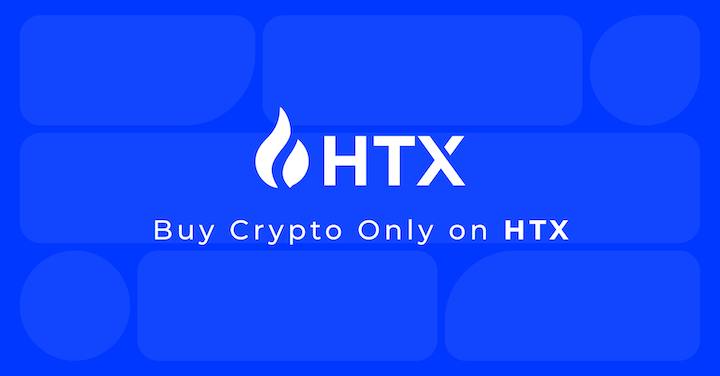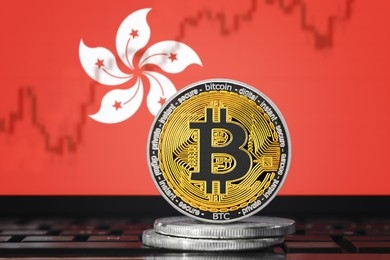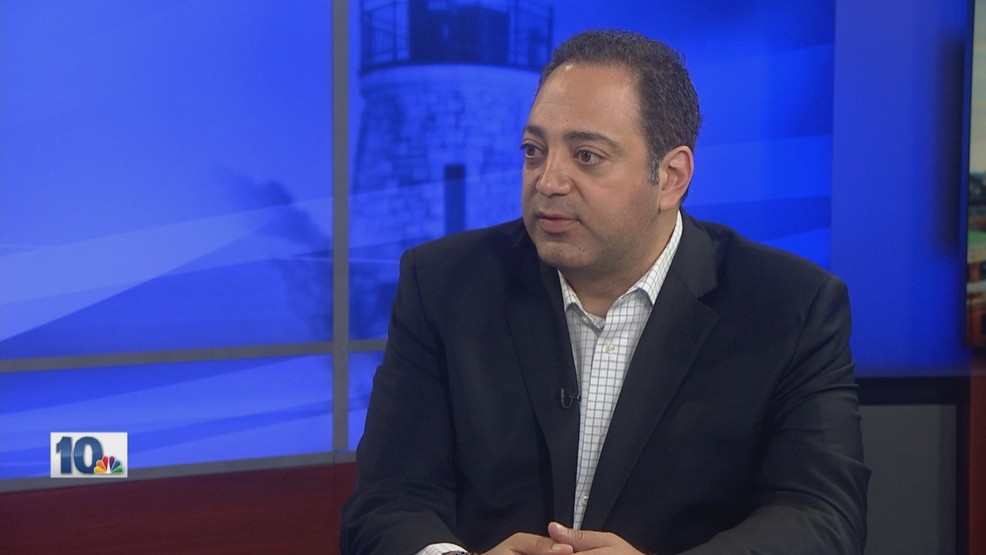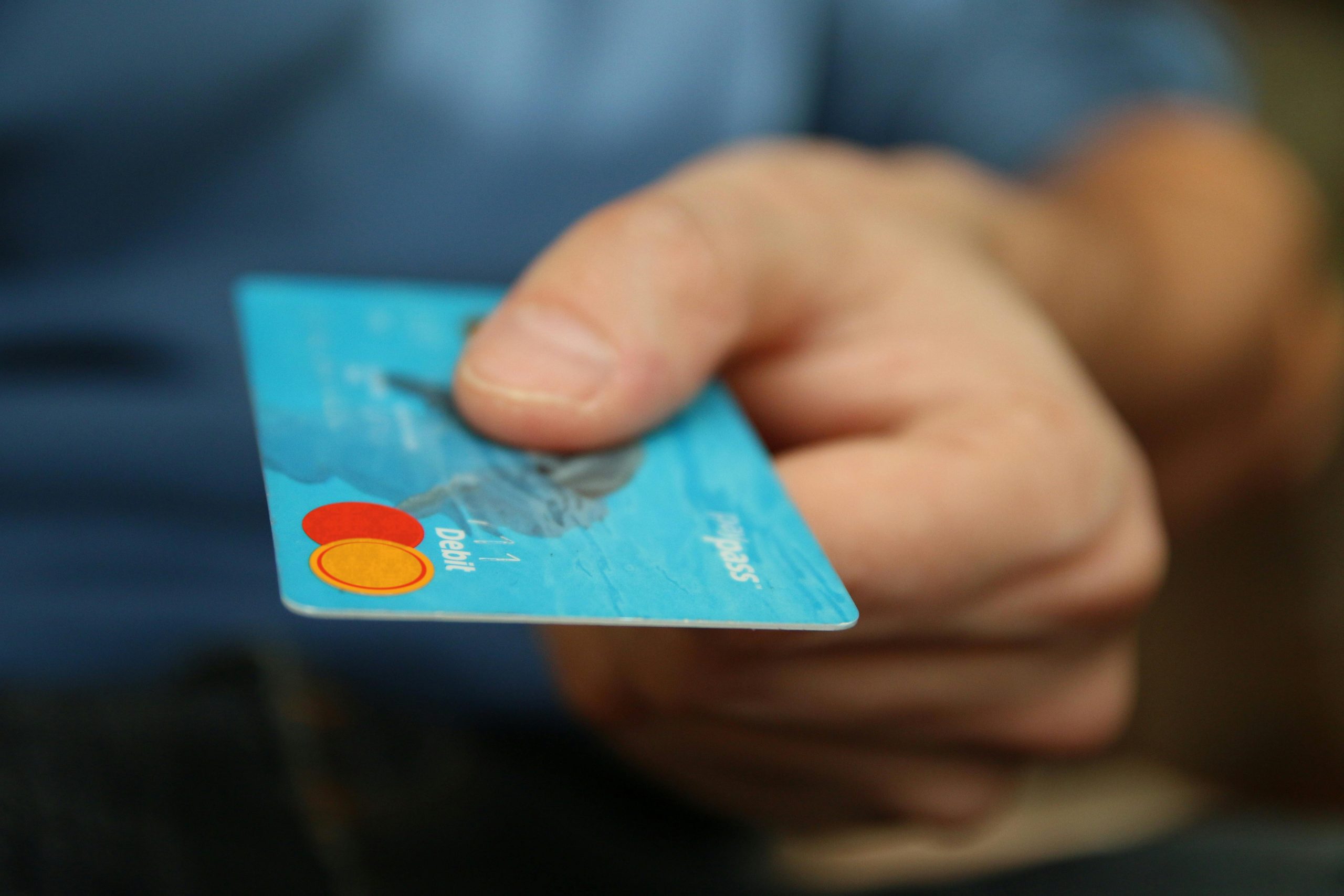In the past month, BackPack has become a hot topic in major crypto communities.
This is because Backpack announced on its official social media channel on February 14 the launch of an account trading volume points system and indicated that the ranking in the points system would be an important reference for future large-scale marketing campaigns (such as airdrop qualifications or the token listing project Launchpool).
This news quickly increased Backpack’s popularity. Crypto investors began to trade on Backpack Exchange, believing that they would miss out on the next massive wealth opportunity if they did not participate.
What is Backpack?
Backpack Exchange was co-founded by Can Sun, former general counsel at FTX, and Armani Ferrante, former developer of Alameda Research software. It has obtained a VASP license from the Dubai Virtual Assets Regulatory Authority. It aims to provide a more secure and transparent trading model using zk-proofs, MPC custody, and low-latency order execution technology.
In November 2023, BackPack conducted its first airdrop campaign in cooperation with Pyth Network, and now the campaign has ended. Although the airdrop campaign lasted only about a week from announcement to conclusion, the discussion and wealth effect it generated quickly spread throughout the entire crypto community.
Is the event still worth participating in with so many traders?
Data shows that since BackPack launched its account trading volume points system on February 14, trading volume has surged, with $5.7 billion trading volume in just five days after launch. According to the latest data from Coingecko, on March 14 alone, BackPack’s trading volume exceeded $1.3 billion.
With trading volumes soaring, is BackPack still worth participating in? Is the rumored airdrop campaign worth tens of millions of dollars reliable?
According to the analysis, on the one hand, public chains consume GAS fees, while project teams mainly profit from GAS fees, so it is not uncommon for public-chain project teams to distribute hundreds of millions of dollars. However, for BackPack Exchange, relying on the Solana public chain ecosystem brings extremely low GAS fees, with slippage being the main cost. The exchange does not profit from this part. As an exchange, BackPack hopes to attract more users to experience and use its trading platform. Why should it splurge on rewarding those who come for easy rewards and leave immediately after the project ends?
As everyone knows, leading exchanges such as HTX and Binance offer new listing prize pools of only around $15 million, so does BackPack, a newly launched exchange, have such strength?
On the other hand, for those who come for easy rewards, questions remain, such as whether trading large amounts brings more bonuses and trading smaller amounts brings losses or the other way around, or whether it is linked to trading fees at a 1:1 ratio.
Moreover, as far as the platform is concerned, BackPack Exchange has experienced situations where the website stopped operating, so its overall security and reliability remain to be seen after the formal public operation. In addition, BackPack officially stated that this trading points activity will last over a long period, so it may last longer than one quarter or even longer. In this case, frantically participating in trading for airdrops becomes more uncertain.
Interaction suggestions: A bird in the hand is worth two in the bush
The cryptocurrency market is never short of easy rewards. The key lies in being able to receive the airdrop rewards after interactions and keep the rewards safe and sound.
Take HTX as an example. The “Trade to Earn” event was officially launched on March 15 and was open to all users, with a daily prize pool worth 100,000 USDT. Users can enjoy fee-free trades while earning generous rewards. It is worth mentioning that there are no lock-up restrictions for $HTX earned from the event, which is withdrawable at any time.
It is reported that HTX’s launch of “Trade to Earn” aims to provide users with a better trading experience, reduce trading costs, and achieve wealth appreciation. During the event period, all fees for the BTC/USDT spot trading pair will be used for $HTX buybacks and burns to effectively reduce the circulation of $HTX and ensure its stable appreciation.
Indeed, the first wave of the wealth-generation effect of BackPack Exchange has attracted the attention of the crypto community, but what the market may be more concerned about is how they will learn from the collapse of FTX to create a more trustworthy and transparent crypto ecosystem. Otherwise, no matter how significant the wealth-generation effect is, without secure asset guarantees, investors will still have doubts, especially since this team is closely associated with the former company FTX.
HTX has always been committed to providing users with secure and convenient trading services. In the meantime, it hopes that users can obtain real incremental earnings, thereby promoting platform activity and prosperity and advancing the broader application and development of cryptocurrencies.











